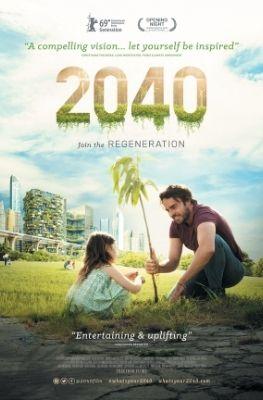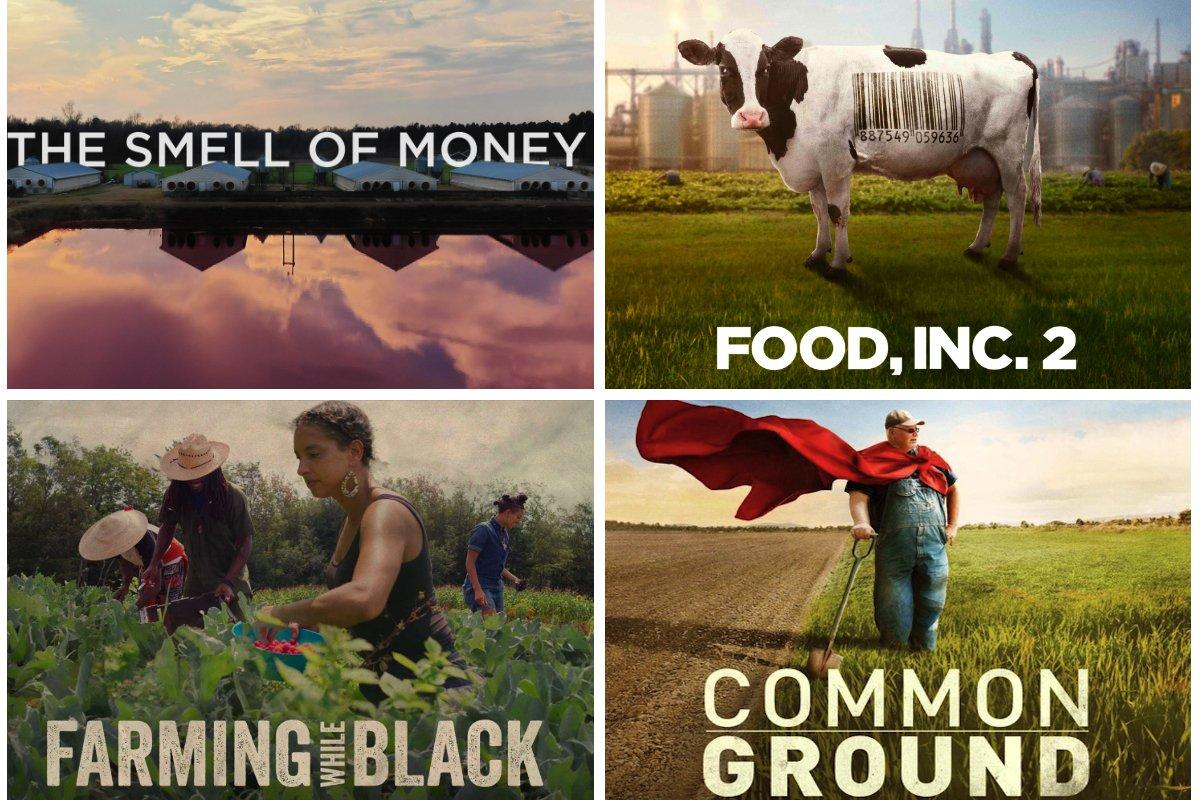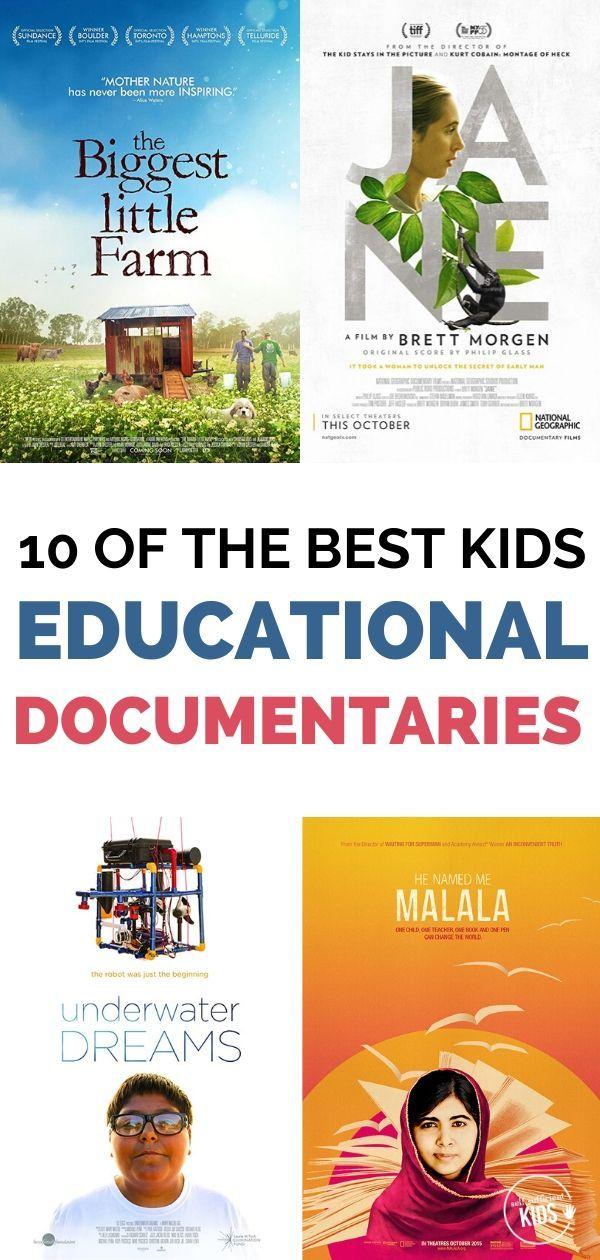In an era where information is abundant yet often overwhelming, documentaries stand out as a powerful medium for understanding the complexities of the world we inhabit. These visual narratives offer more than mere entertainment; they provide insightful explorations into diverse cultures, historical events, scientific discoveries, and pressing social issues. By presenting meticulously researched content through engaging storytelling, documentaries have the unique ability to educate and inform audiences, bridging the gap between knowledge and understanding. This article delves into the multifaceted ways documentaries enrich our comprehension of global realities, examining their role in shaping perspectives and fostering a deeper awareness of the interconnected world we live in.
Understanding Cultural Diversity Through Documentaries
Documentaries offer a profound lens through which we can explore the rich tapestry of human cultures. By presenting stories directly from individuals and communities, these films provide an authentic glimpse into diverse lifestyles, traditions, and values. This form of storytelling is particularly effective because it allows viewers to witness cultural nuances that might be lost in more traditional educational mediums. The visual and auditory elements of documentaries create an immersive experience that fosters a deeper understanding of cultures beyond our own.
- Visual Storytelling: Documentaries use compelling visuals to capture the essence of cultural practices, offering insights that words alone cannot convey.
- Authentic Voices: Featuring interviews and narratives from local people, documentaries give a platform to voices often unheard, ensuring a more comprehensive perspective.
- Contextual Learning: By situating cultural practices within their historical and social contexts, documentaries help viewers grasp the complexities and interconnections of global societies.
Through these elements, documentaries not only educate but also challenge preconceived notions, encouraging audiences to reflect on their own cultural understandings and biases.

Exploring Environmental Issues and Their Global Impact
Documentaries have emerged as powerful tools for educating audiences about pressing environmental concerns. By weaving together scientific research, personal narratives, and breathtaking visuals, they offer a comprehensive understanding of complex issues. These films often highlight the interconnectedness of ecosystems, showcasing how local challenges can ripple outwards, affecting the global community. Through vivid storytelling, documentaries can make abstract concepts tangible, fostering a deeper awareness and appreciation for our planet’s delicate balance.
Key themes explored in environmental documentaries include:
- Climate Change: Visualizing the impact of rising temperatures and extreme weather events.
- Biodiversity Loss: Shedding light on endangered species and habitat destruction.
- Pollution: Examining the sources and consequences of air, water, and soil contamination.
- Sustainability: Highlighting innovative solutions and sustainable practices.
By engaging viewers emotionally and intellectually, these films inspire critical thinking and action, encouraging audiences to become informed advocates for environmental stewardship.

The Role of Documentaries in Uncovering Historical Truths
Documentaries serve as powerful tools in peeling back the layers of history, offering insights that are often obscured in traditional narratives. Through meticulous research and compelling storytelling, they bring to light forgotten events, unsung heroes, and hidden truths. By providing a platform for diverse voices and perspectives, documentaries challenge the conventional understanding of historical events, encouraging viewers to question and reflect on the past.
- Access to Unseen Archives: Many filmmakers utilize rare footage and documents, shedding light on historical events from angles previously unexplored.
- Personal Narratives: Documentaries often include firsthand accounts, providing a human element that textbooks may lack.
- Global Perspectives: They allow us to see how different cultures interpret and are affected by historical events, fostering a more holistic understanding.
In an era where information is abundant yet often skewed, documentaries stand out as bastions of truth, prompting viewers to engage critically with history and its implications on today’s world.

Utilizing Documentaries as Educational Tools in Classrooms
Incorporating documentaries into classroom settings offers a dynamic approach to education, enabling students to engage with real-world issues through a visual and narrative lens. These films can provide a deeper understanding of complex topics by presenting authentic stories and diverse perspectives. By using documentaries, educators can stimulate critical thinking and discussions that go beyond traditional textbooks. This approach not only makes learning more relatable but also encourages students to become more empathetic and informed global citizens.
Documentaries can cover a wide range of subjects, making them versatile educational tools. Some benefits include:
- Enhanced Engagement: Visual storytelling can capture students’ attention more effectively than text-based materials.
- Real-World Connections: Students can see the impact of historical events, social issues, and scientific discoveries in a tangible way.
- Critical Analysis: Encourages learners to evaluate sources, recognize biases, and question narratives.
- Diverse Perspectives: Exposes students to different cultures, viewpoints, and experiences, fostering inclusivity and understanding.



